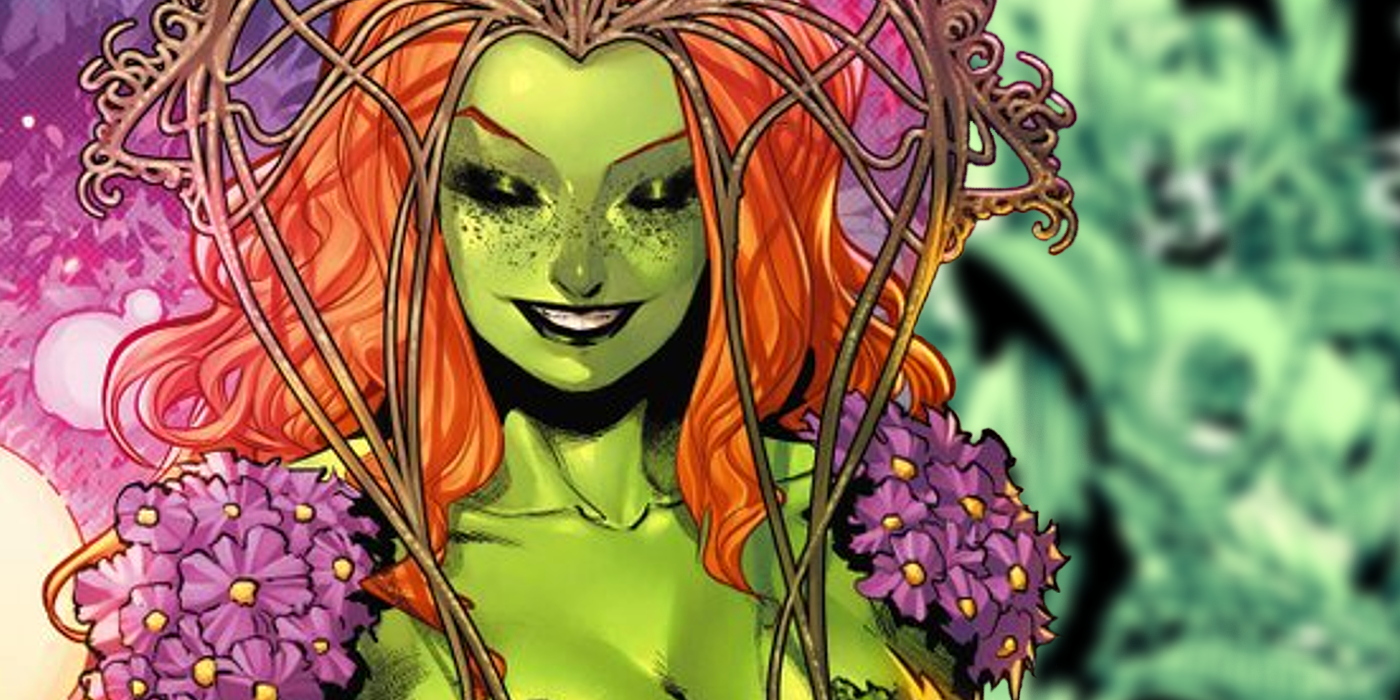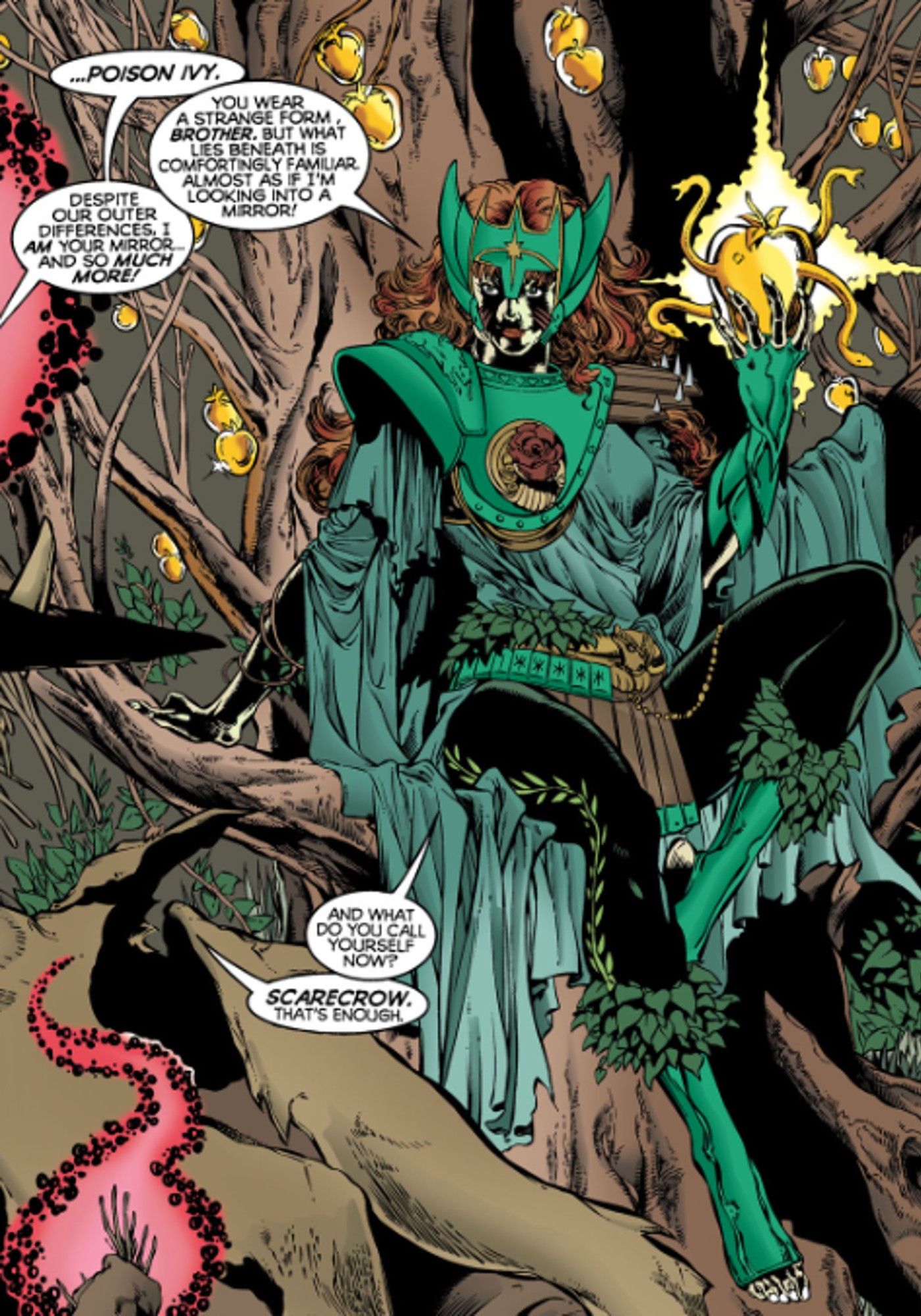Greek goddesses aren't found in Gotham very often, but Poison Ivy became one when the children of Ares tried to take over the city. Wonder Woman #164 began a storyline in which the titular heroine had to partner up with Batman and his fellow Gotham heroes to stop a trio of deities. Unfortunately for the heroes, this meant a major power-up to some of the city's iconic villains.
Poison Ivy is known for her plant powers, as well as her captivating beauty. Over the years she has debuted a few incredible costumes and been referred to as a goddess due to her power. However, this merger of Gotham and Olympus made the popular villain a literal goddess. Taken over by the goddess Eris, Poison Ivy received a major upgrade, as well as an outfit that is incredibly different from her typical ones.
The four-part storyline 'Gods of Gotham,' beginning in Wonder Woman #164 (2001), has the creative team of Phil Jimenez, J. M. DeMatteis, Andy Lanning, Pam Rambo, Cam Smith, Jamison, and Comicraft. The series shows Eris, Deimos, and Phobos possessing Poison Ivy, Scarecrow, and the Joker. Eris is the goddess of chaos and is best known for her role in starting the Trojan War with her Apple of Discord. This iconic fruit and dangerous nature make her a stunning Greek counterpart for Poison Ivy.
Wonder Woman frequently fights Ares, but around this time she had made a deal with him to prevent him from interfering with the world of man. However, this agreement did not prevent his three children from trying to create a stronghold within Gotham by gaining a cult following. Through her possession, Eris finds a perfect host, discovering that she and Poison Ivy have a great deal in common. Not only does Ivy have classic beauty, she is also capable of channeling power into the Apple of Discord very effectively. Her allure and enchantment are increased by Eris. Poison Ivy's new costume provides her with far more armor than usual and she gains Greek inspired robes, though her typical verdant embellishments are still present via vines and leaf tufts. Eris channels Ivy's iconic look beautifully and adds a new layer to it. It may be bulkier than normal, but this costume emphasizes the classical power that Ivy is gaining with this possession.
Despite her general penchant for villainy, Ivy wasn't happy to share her body, and (with the heroes' help) was eventually able to combat the god stealing her identity. While her abilities are often downplayed, Poison Ivy has approached godhood on her own, and this story hammers home that even when confronted with undeniably superior power, she will fight for her own agency until the end. No-one in the DC Universe could sincerely mistake Poison Ivy for a hero, but her brush with the gods confirmed that her fierce independence means she's willing to fight on the side of the angels rather than be controlled by evil.


